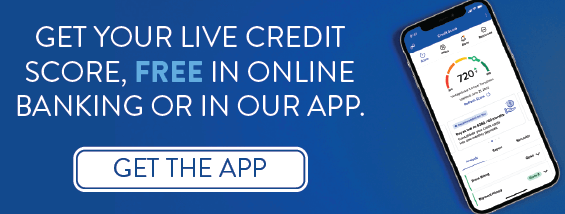Saving is an Option for Individuals with Disabilities
Oftentimes, individuals with disabilities may not be familiar with savings options that are available to them or they may be afraid to save money due to the fear of jeopardizing public benefits. There are a wide variety of saving strategies that individuals with disabilities can potentially access to achieve their savings goal and build their financial well-being.
At National Disability Institute, we focus on five key strategies that can assist an individual to build a life of work, savings and asset development. The five key strategies include:
The five key strategies create opportunities for individuals to learn more about saving strategies.
Benefits Planning and Work Supports
There are a variety of savings options that individuals can access if they are receiving a needs-based benefit such as Supplemental Security Income (SSI) through the Social Security Administration (SSA). The Social Security Administration offers work incentives that support an individual to go back to work and maintain employment while receiving a public benefit. An example of a work incentive that promotes savings is the Plan to Achieve Self-Support, often referred to as PASS. Plan to Achieve Self-Support is a plan for an individual’s future. PASS lets an individual use income or other things they own to help them reach their work goals. For example, an individual could set aside money to go to school to get specialized training for a job or to start a business. To learn more about PASS or other work incentives, review Social Security Administration’s Red Book at https://www.ssa.gov/redbook/documents/TheRedBook2016.pdf.
Employment
Employment is important for an individual to build their financial well-being. We need wages to save money. There are a variety of employment services that an individual with a disability can access to obtain, maintain or enhance their employment status. A great starting point is to visit an American Job Center (AJC). American Job Centers are designed to provide a full range of assistance to job seekers under one roof. American Job Centers offer:
-
- training referrals
- career counseling
- job listings, and
- similar employment-related services
AJCs are also called Workforce Centers or One Stop Centers. To locate an AJC, visit: www.servicelocator.org/.
Free Tax Preparation
Tax time is an ideal time to encourage individuals to save money when they receive their tax return. Oftentimes, individuals with disabilities may not file a tax return because of low wages or for fear that, if they do file and get a tax refund, that they will lose their public benefits. Refunds received from the Earned Income Tax Credit (EITC or EIC), the Child Tax Credit (CTC) or other refundable credits are not considered income. It also is not counted as a resource for at least 12 months from when an individual receives it for benefits or assistance under any Federal program or under any State or local program financed in whole or in part with Federal funds. To learn more about disability and tax services visit: https://www.irs.gov/credits-deductions/individuals/earned-income-tax-credit/disability-and-earned-income-tax-credit.
Financial Education
Financial education is an important strategy for individuals to build their financial well-being. Oftentimes, financial education may not be delivered to individuals with disabilities, though it provides the knowledge and skills they need to build their financial well-being. There are a variety of financial education curriculum and tools available to help an individual learn about savings. FDIC’s Money Smart provides an accessible curriculum that is frequently used by disability organizations. lLearn more about financial education tools and resources here., visit https://www.nationaldisabilityinstitute.org/downloads/.
Asset Development
Asset Development is the final key strategy to assist an individual to build their financial well-being. The previous strategies help move an individual to this point. ABLE accounts are a savings option for individuals with disabilities who may qualify for these accounts. These accounts allow an individual to save up to $15,000 per year without these funds impacting an individual’s needs-based benefit, such as Supplemental Security Income. Money saved in an ABLE account can be used to pay for qualified disability expenses (QDEs). To learn more about ABLE accounts, visit: https://www.ablenrc.org/.
National Disability Institute is the first national organization committed exclusively to championing economic empowerment, asset development and financial stability for all persons across the full spectrum of disabilities. We affect change through public education, training, technical assistance and policy development to help the nearly one in three Americans with disabilities living in poverty take steps toward building brighter financial futures. To learn more, visit www.nationaldisabilityinstitute.org. If you have specific questions on savings options for persons with disabilities, please send an email to ask@ndi-inc.org.
AUTHOR: By Michael R. Roush, Director, Real Economic Impact Network, National Disability Institute

